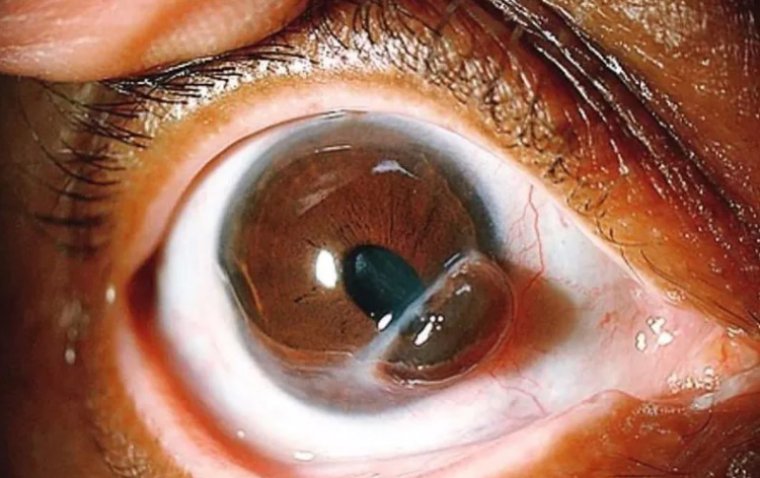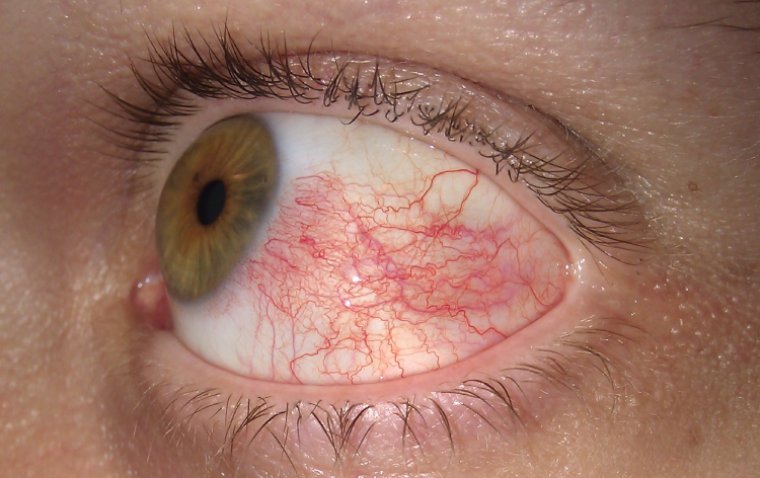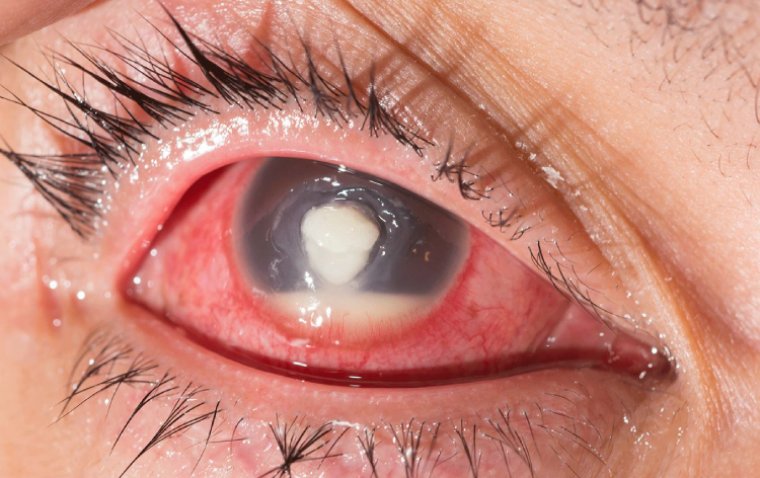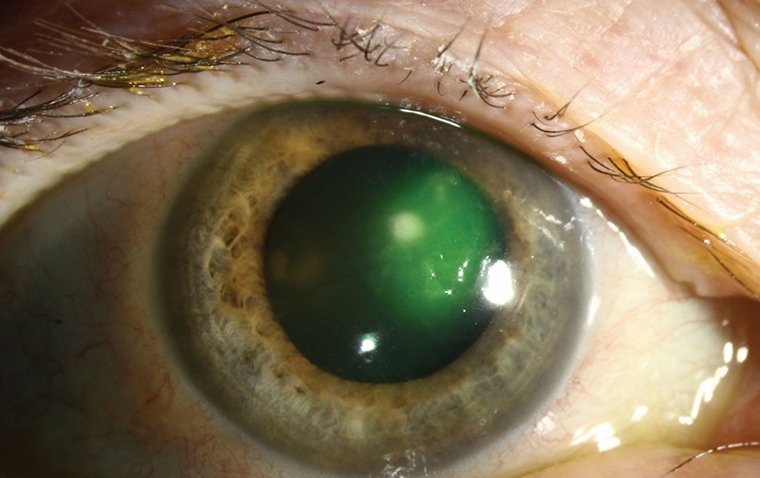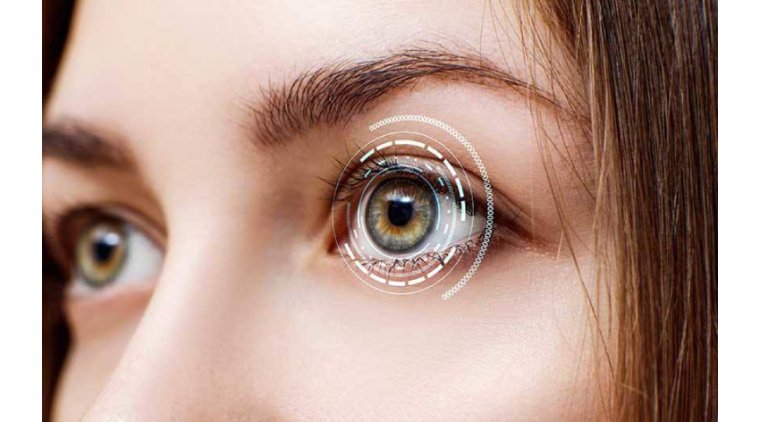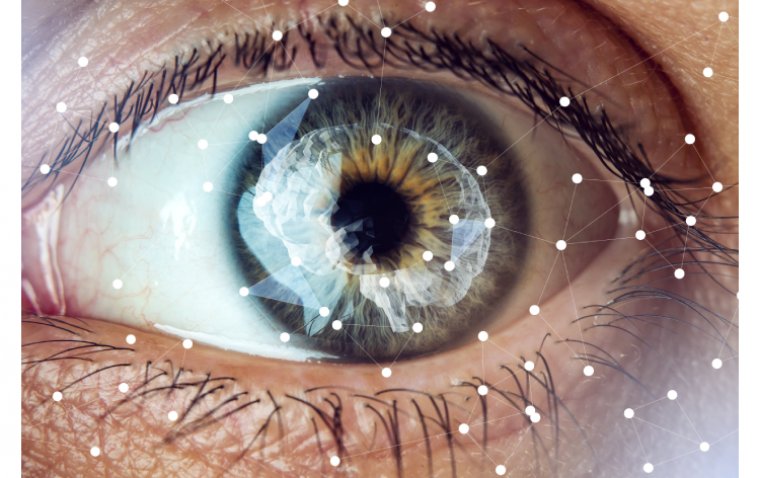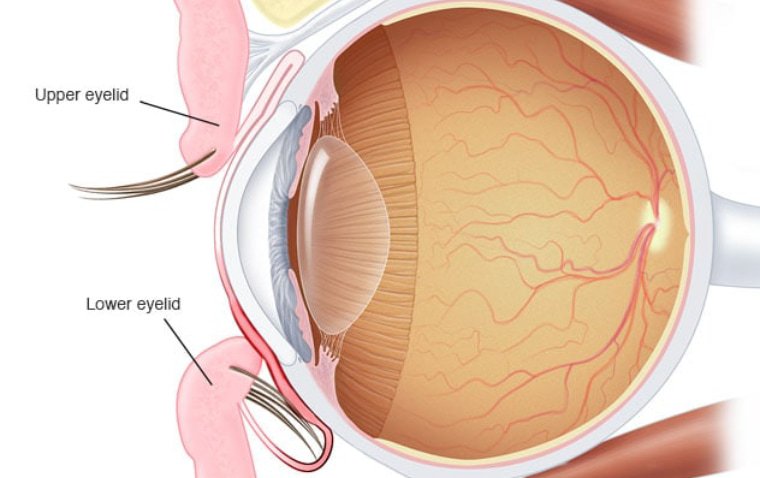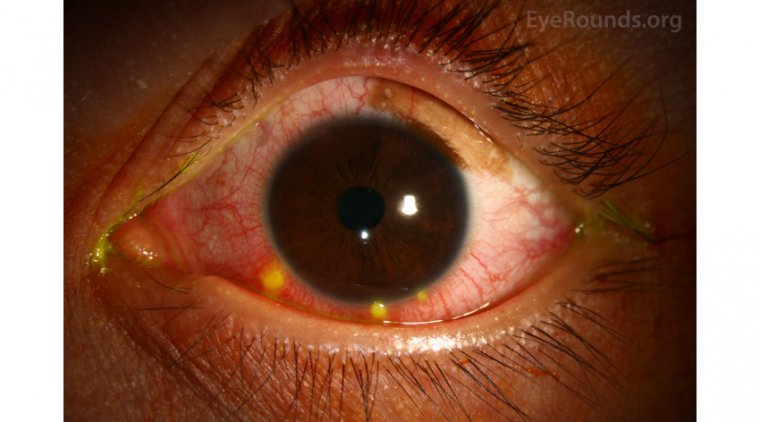
Phlyctenular Conjunctivitis: A Guide to Managing the Condition
What Is Phlyctenular Conjunctivitis?
Phlyctenular conjunctivitis, also known as phlyctenulosis, is a type of inflammatory eye condition that affects the conjunctiva, the clear membrane that covers the white of the eye and the inside of the eyelids. It is caused by a hypersensitivity reaction to various antigens, such as bacteria, viruses, and allergens, and is characterized by the presence of small, raised, and painful bumps called phlyctenules.
Symptoms of phlyctenular conjunctivitis include redness, itching, burning, and watering of the eyes, as well as photophobia and vision impairment. The phlyctenules can also ulcerate and cause discharge. The condition can affect one or both eyes, and can be accompanied by other allergic symptoms, such as sneezing, nasal congestion, and rash.
Is Phlyctenular Conjunctivitis Contagious?
One of the most important questions that people often ask is whether phlyctenular conjunctivitis is contagious. The short answer is no, it is not contagious. Phlyctenular conjunctivitis is an immune-mediated condition that is caused by a type of immune response to certain types of bacteria, such as Staphylococcus aureus, or to certain types of allergens, such as dust mites or pollens.
Unlike other types of conjunctivitis, such as viral or bacterial conjunctivitis, phlyctenular conjunctivitis cannot be spread from person to person through close contact or through the air. It is not a contagious disease and cannot be transmitted through contact with an infected person's eye discharge, tears, or other bodily fluids.
Managing Phlyctenular Conjunctivitis
There are different treatment options for phlyctenular conjunctivitis, depending on the underlying cause and the severity of the symptoms. Some of the most commonly used therapies include:
● Topical corticosteroids: These are anti-inflammatory drugs that can reduce the inflammation and itching associated with phlyctenular conjunctivitis. They are usually applied as eye drops or ointments, and may be used alone or in combination with other medications.
● Topical antibiotics: These are used to treat or prevent secondary bacterial infections, which can occur as a complication of phlyctenular conjunctivitis. They are usually applied as eye drops or ointments, and may be used alone or in combination with corticosteroids.
● Oral antibiotics: These are used to treat or prevent systemic bacterial infections, which can occur as a complication of phlyctenular conjunctivitis. They are usually used in cases of severe or recurrent infection, or in patients who are immunocompromised.
● Immunomodulators: These are drugs that can modulate the immune response and prevent the formation of phlyctenules. They are usually used in cases of recurrent or refractory phlyctenular conjunctivitis.
● Allergen avoidance: This is an important measure in cases of phlyctenular conjunctivitis caused by allergens. Patients should avoid contact with known allergens, such as dust, pollen, animals, and certain foods.
● Phototherapy: This is a treatment that uses ultraviolet light to reduce the inflammation and itching associated with phlyctenular conjunctivitis. It is usually used in cases of recurrent or refractory phlyctenular conjunctivitis.
Prevention of Phlyctenular Conjunctivitis
To prevent phlyctenular conjunctivitis, it is important to practice good hygiene habits, such as washing your hands regularly and avoiding touching your eyes with dirty hands. If you have a known allergy, it is also important to avoid exposure to the allergen as much as possible.
Conclusion
Phlyctenular Conjunctivitis is an inflammatory eye condition that is caused by a type of immune response to certain types of bacteria or allergens. It is not contagious and can be prevented by practicing good hygiene habits and avoiding exposure to allergens. If you have been diagnosed with Phlyctenular Conjunctivitis, it is important to follow the treatment plan prescribed by your ophthalmologist and avoid rubbing or scratching the affected eye.
(1).jpg)
